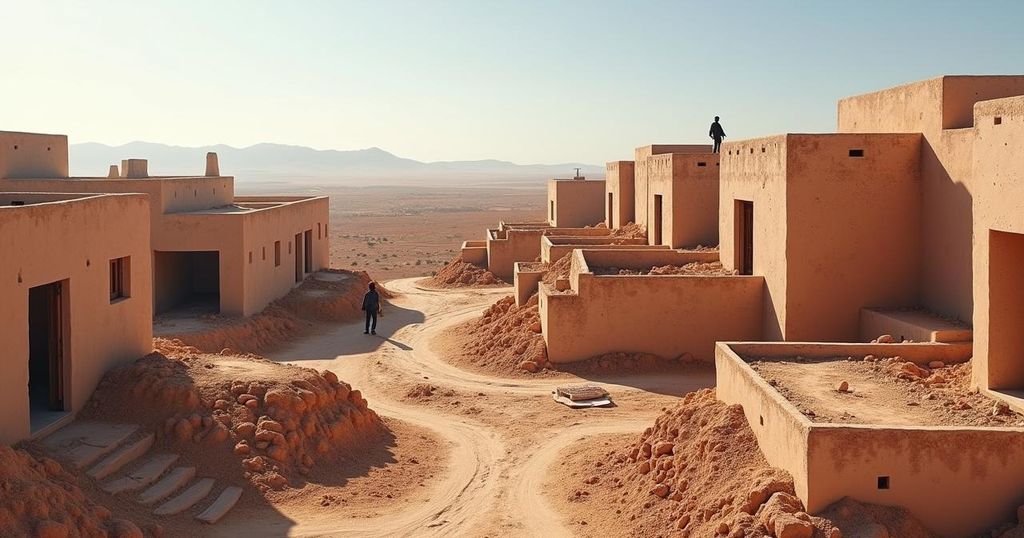The European Investment Bank has pledged €1 billion to Morocco for reconstructing infrastructure affected by the September 2023 earthquake. The first €500 million installment was signed in Rabat. The funding supports the country’s reconstruction program focusing on schools, hospitals, roads, seismic resilience, and integrating sustainable energy solutions. Morocco aims to mobilize $12 billion over five years to aid the 4.2 million people affected and has established an agency to oversee efforts in the worst-hit areas.
The European Investment Bank (EIB) has committed to lending €1 billion to Morocco over the ensuing three years to assist in the reconstruction of public infrastructure damaged by the recent significant earthquake in the Al Haouz region, which struck on September 8, 2023. The first installment of €500 million was recently agreed upon in a signing ceremony held in Rabat, which included officials from the Ministry of Economy and Finance as well as representatives from the Ministries of National Education, Infrastructure and Water, and Health. This EIB funding is part of Morocco’s broader reconstruction program, which aims to rehabilitate educational facilities, healthcare institutions, and transport networks. Additionally, it seeks to enhance seismic resilience in building standards and incorporate sustainable energy solutions aligned with the EU-Morocco Green Partnership, which underscores commitment to climate change adaptation and energy efficiency. In response to the disaster, Morocco has established a dedicated agency responsible for overseeing the reconstruction initiatives in the most severely impacted areas, including Marrakech, Al Haouz, Taroudant, Chichaoua, Ouarzazate, and Azilal. This agency will manage projects aimed at relocating residents affected by the earthquake and modernizing infrastructure in these regions. Furthermore, Morocco aims to raise a total of $12 billion to advance development in the disaster-stricken areas, which collectively house a population of approximately 4.2 million individuals, over the next five years. The EIB has reiterated its commitment to supporting Morocco in transitioning towards a greener economy while fostering inclusive socioeconomic development and enhancing resilience against potential future challenges, including natural disasters.
The pledge from the European Investment Bank comes in the wake of a devastating earthquake that has had significant repercussions on the infrastructure and communities in Morocco’s Al Haouz region. This region faced considerable damage, necessitating urgent and substantial financial support for recovery and rebuilding. The collaboration between Morocco and the EIB reflects broader international efforts to assist nations in rebuilding after natural disasters. It aligns with Morocco’s initiatives to enhance infrastructural resilience through improved standards and sustainable practices, integral to the country’s development strategies and climate commitments.
In summary, the EIB’s pledge of €1 billion is a critical financial support for Morocco as it embarks on a reconstruction plan following the devastating earthquake. The funding will not only assist in repairing and improving public infrastructure but also caters to sustainable development goals, aiming for climate resilience and enhanced community stability in the affected regions. The Moroccan government’s efforts to engage in extensive reconstruction underscore the priority placed on rebuilding lives and infrastructure in a sustainable manner, with significant financial mobilization projected over the coming years.
Original Source: northafricapost.com






